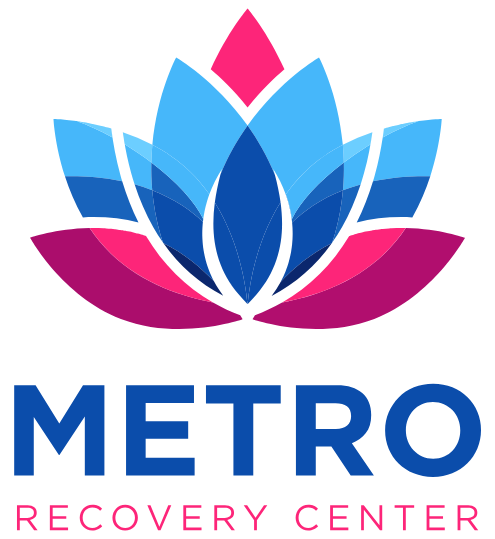Methadone Maintenance Therapy
What Is Methadone Maintenance Therapy
- Reduce withdrawal symptoms
- Curb intense drug cravings
- Block the euphoric effects of illicit opioids like heroin, fentanyl, and OxyContin
- Support long-term stability and safety

Why Choose Methadone Treatment at Metro Recovery Center
We provide a full continuum of care for individuals dealing with opioid use, substance dependency, mental health conditions, or co-occurring challenges.
Safe, Licensed, Clinically Supervised Dosing
Our medical team includes board-certified addiction specialists and experienced nursing staff who monitor your response, adjust dosages carefully, and ensure your physical safety throughout treatment.
Medicare-Certified Methadone Program
We are one of the few clinics in the region that accepts Medicare for methadone maintenance therapy—making us an essential provider for individuals aged 65+ who need affordable, regulated opioid treatment.
Private, Welcoming Environment
We’ve created a calm, confidential space where clients are treated with dignity—not judgment. Our clinic is clean, quiet, and focused on wellness.
Integrated Support Services
Unlike many dosing-only clinics, we provide access to:
- Substance use counseling
- Mental health therapy
- Psychiatric services
- Relapse prevention and telehealth options
How the Program Works
Initial Evaluation
We conduct a full clinical assessment to determine if methadone is right for you. We review your history, health, and goals.
Daily or Scheduled Dosing
Methadone is dispensed at our Oak Park clinic under supervision, with dosage adjusted for safety and effectiveness.
Ongoing Monitoring & Support
Regular check-ins, counseling, and lab testing ensure you’re progressing safely and building toward long-term recovery.
Step-Down Flexibility
As stability increases, we work with you on phase-down options, including take-home dosing (when eligible) and potential transitions to other medications if appropriate.


Who Is Methadone Maintenance For
Methadone is ideal for individuals who.
- Struggle with long-term heroin, fentanyl, or prescription opioid use
- Have relapsed after trying detox or abstinence-based programs
- Need a structured, medically monitored path to recovery
- Require a more stable alternative to Suboxone or Brixadi
- Prefer a clinic with mental health and counseling integration
- Are on Medicare, Medicaid, or commercial insurance and seeking affordable care
